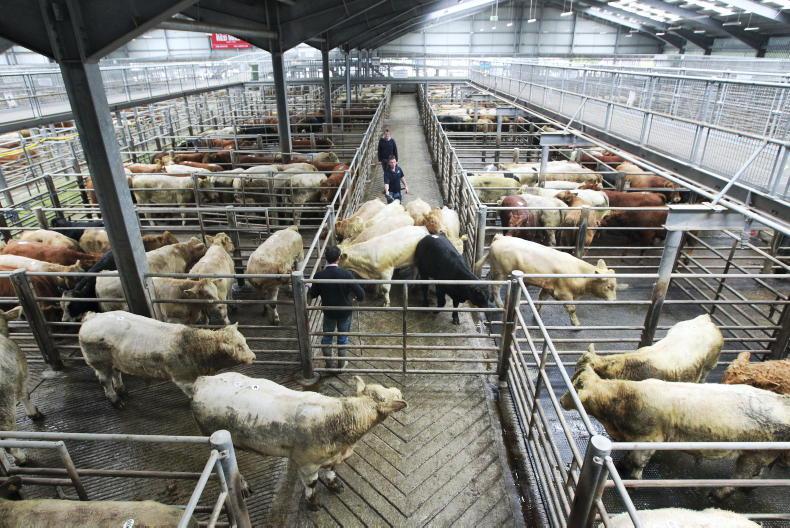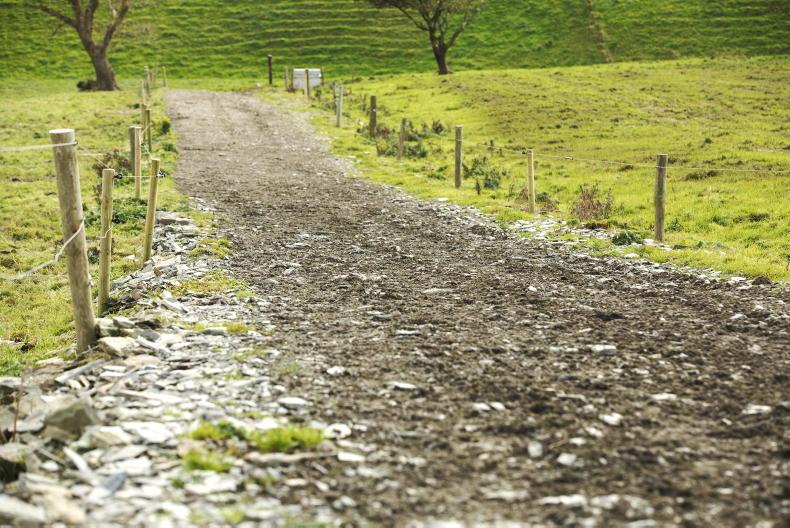Most of the environmental functions of the Department of the Environment (DOE) are set to be moved into DARD as part of the shake-up of Stormont departments.
That shake-up is designed to take the number of departments down from 12 to nine, and is to be in place before the next Stormont election in 2016.
In a briefing session for MLAs on the Stormont Agriculture committee this week, DARD Minister Michelle O’Neill said that the proposals would effectively mean that most of the functions of the NI Environment Agency (except its work in built heritage) will move over to DARD.
The Environment Agency is currently part of DOE. DARD would also take on responsibility for inland fisheries, currently within the Department of Culture, Arts and Leisure (DCAL), but lose its Rivers Agency to a new Department. The review of all Stormont departments is being taken forward by the head of the NI Civil Service, Malcolm McKibbin, and will require approval from the NI Executive at Stormont.
Commenting on the proposed changes, Minister O’Neill said that it should create opportunities to cut down and increase the efficiency of the inspection process on farms. At present, cross-compliance checks are undertaken by various parts of DARD, as well as counterparts in the Environment Agency.
The criticism often levelled by industry is that there is too much duplication of effort across various inspection bodies, leading to inefficiencies and unnecessary costs.
Senior DARD officials are due to meet environment chief executive Terry A’hearn today (Thursday) to discuss how the inspection regime can be streamlined in future.
RDP
At the committee meeting Minister O’Neill was also asked about progress of the next Rural Development Programme (RDP).
The programme was submitted to the European Commission for approval last October, a process that normally takes around six months. However, according to the Minister, DARD is yet to receive any queries from the Commission on its proposals. “We had expected queries from the Commission by now. It now looks as though it will be June before the programme is approved,” she said.
UFU responds to TB group
The Ulster Farmers’ Union (UFU) has submitted a response to a consultation by the TB Strategic Partnership Group, which sought views from industry on the current programme in place in NI to deal with bovine TB.
In the response, UFU president Ian Marshall said it was essential that ongoing findings from the badger test, vaccinate or remove project (TVR) are made available, with wider action being taken based on preliminary conclusions.
He also emphasised that UFU members are unwilling to consider any changes to existing compensation arrangements until the issue of TB in wildlife is adequately addressed.
In terms of TB vaccination, the UFU president said that there are legislative and practical issues around the availability of vaccine. He also maintained that measures to improve farm biosecurity should be incentivised at farm level.
Despite moves by DARD last year to set up alternative control herds to take cattle off TB restricted farms, the UFU believes that the requirements for these control herds need to be revised to make it a more viable option for beef finishers.
Farm-gate legislation hits impasse
The call for minimum farm gate pricing legislation in NI, an idea originally muted by FFA, but now taken up by various local farm organisations, seems to have hit an impasse at Stormont.
After lobbying by the farm groups, MLAs agreed to consider possible legislation, but have since indicated that their legal advice suggests that it is not within the remit of local politicians.
The farm groups have asked to see this advice, but that request has been refused, with MLAs on the Stormont agriculture committee stating that legal advice is “privileged, and not normally released to third parties”.








SHARING OPTIONS